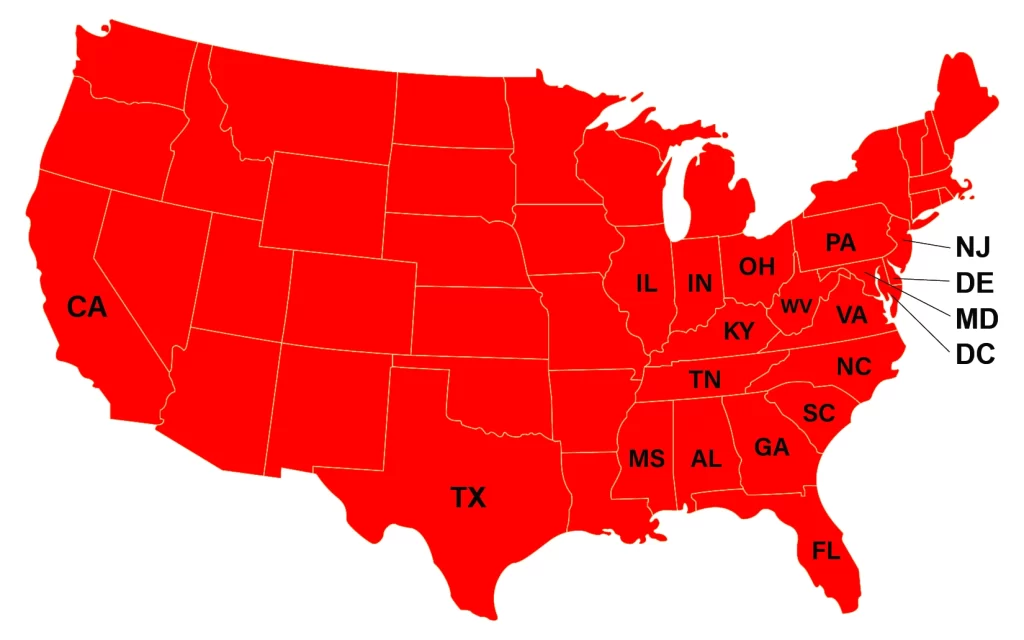Is your company involved in a potentially expensive workers’ compensation case that you’re skeptical of? Many employers face this dilemma. While employers want to provide what’s due for their employees, they also may suspect that some employees aren’t being entirely truthful. In this case, a proper investigation by a professional can help shed light on the situation and provide clarity for the employer.
What might such an investigation entail? Here are a few key components of a workers’ compensation investigation and how each can help.
1. In-Person Photo Surveillance
The most common means of investigation in most workers’ compensation cases is physically observing the claimant’s public activities. Evidence is usually gathered through taking photos of activity that may indicate the person isn’t telling the truth about their injuries.
In-person surveillance must adhere to state rules that govern where and how a person can be monitored, but it’s generally limited to public places so it may take some time and effort. It also requires someone trained to avoid detection.
2. Social Media Investigation
Could your employee’s social media use provide insight into their true situation? With so many people on various forms of social media and often posting freely about their lives, it can be a great source of information. An investigator will look for personal and business social media accounts, locate photos and captions or posts that may give relevant information, and research friends or followers.
Some social media investigations can be relatively simple, particularly if the person’s accounts are public and easily located. However, other investigations require legally accessing private accounts through things like follower requests, identifying private usernames and accounts, and even finding archived posts or pictures.
3. Conversations
Investigators may on occasion speak with the employee, garnering potential information in person. If necessary, the investigator can engage the employee or others in conversation and talk directly with them without revealing who they are or who they work for. The employee, their friends, co-workers, and family members may be more apt to talk unguardedly in casual and unrelated circumstances.
Care must be taken to avoid any methods of approaching the person that could be deemed illegal — such as lying about who the investigator is or entrapping the individual. For this reason, attempting to get first-hand information this way should only be done by professionals who are aware of legal boundaries.
4. Video Camera Footage
Video can be captured on occasion through several means, including permanent cameras and handheld ones.
The most common source of video surveillance is the workplace before, during, and after the incident — including any time the employee returns to the employer’s location. In addition, cameras installed in other businesses, such as doctor’s offices, may yield more clues. And finally, phone camera video may be strategically used alongside photos during in-person surveillance.
5. Reports and Documentation
Investigators are trained to recognize potentially useful information in written forms and documents. They may read a report about the accident, for instance, and understand the implications of an injury as it relates to activities the person is currently doing. They can also analyze statements to learn where more information, like the person’s involvement in professional organizations, could be found.
Clearly, a proper workers’ compensation investigation can contain many parts. It may call for analysis of documents, creative tracking of social media use, and both in-person and static photo and video collection. And above all, it must stay within the limits of local law or the company could find itself in bigger trouble.
The best way to collect all this potential evidence is to work with the investigative professionals at J.P. Investigative Group. We will assess your case as an employer, your goals for the investigation, and the potential costs involved to tailor your investigation. Call today to make an appointment or discuss your needs further.


